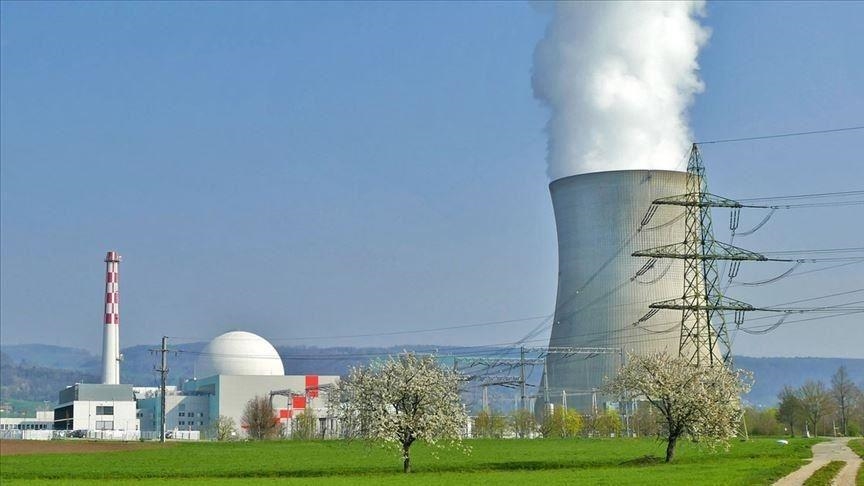Japan: 3 nuclear units cleared to run past 40-year cap
3 reactors in Fukui province to be 1st to cross limit set after 2011 Fukushima nuclear disaster

ANKARA
Three nuclear reactors will soon become the first in Japan to operate beyond the country’s 40-year limit as a final roadblock to their restart was removed on Wednesday.
The move is part of Tokyo’s push to achieve carbon neutrality by 2050 with continued reliance on atomic power, according to a report by Kyodo News.
Japan’s Nuclear Regulation Authority gave approval in 2016 for one reactor at the Mihama plant and two at the Takahama plant, both located in the central Fukui province, to operate beyond the 40-year limit.
The reactors, which have been idle since the 2011 Fukushima disaster, were not restarted because the governor of Fukui had opposed the decision.
“I decided to agree to the restarts (of the reactors) after considering the matter fully,” said Governor Tatsuji Sugimoto said at a news conference on Wednesday.
He said Prime Minister Yoshihide Suga’s government has “signaled its policy of continuing the use of nuclear power and offered up to 2.5 billion yen ($22 million) in subsidies to revitalize the local economy per nuclear plant that is more than 40 years old,” read the report.
The Mihama No. 3 unit began operations in 1976, while the Takahama No. 1 reactor started in 1974 and the No. 2 reactor in 1975.
Japan has so far rebooted only nine reactors since it shut down 50 units after the Fukushima disaster.
The announcement has come at a time when Japan is already under fire for its recently unveiled plan to start dumping treated waste from the crippled Fukushima nuclear plant into the ocean.
The plan to allow reactors to operate beyond the 40-year limit has also raised fears in the country, with locals urging the government to rescind the decision.
Activists held demonstrations outside Sugimoto’s office on Wednesday, holding a banner that read, “Don't start aging nuclear reactors.”
The 40-year maximum lifespan was set after the Fukushima disaster, which was sparked by an earthquake and tsunami, due to concerns that aging reactors were prone to accidents.
Japanese firm Kansai Electric has been tasked with restarting the three nuclear units and the company said it will “give top priority to ensuring safety.”
The company’s president said the work will be carried out under the “strong intention and resolution to endlessly enhance the safety of nuclear power generation.”
Japan has recently revised up its target of reducing greenhouse gas emissions and is now aiming for a 46% cut by 2030.
Premier Suga’s government wants renewables to account for 22% to 24% of the country’s electricity generation by 2030, followed by fossil fuels at 56%, and nuclear power between 20% to 22%.








